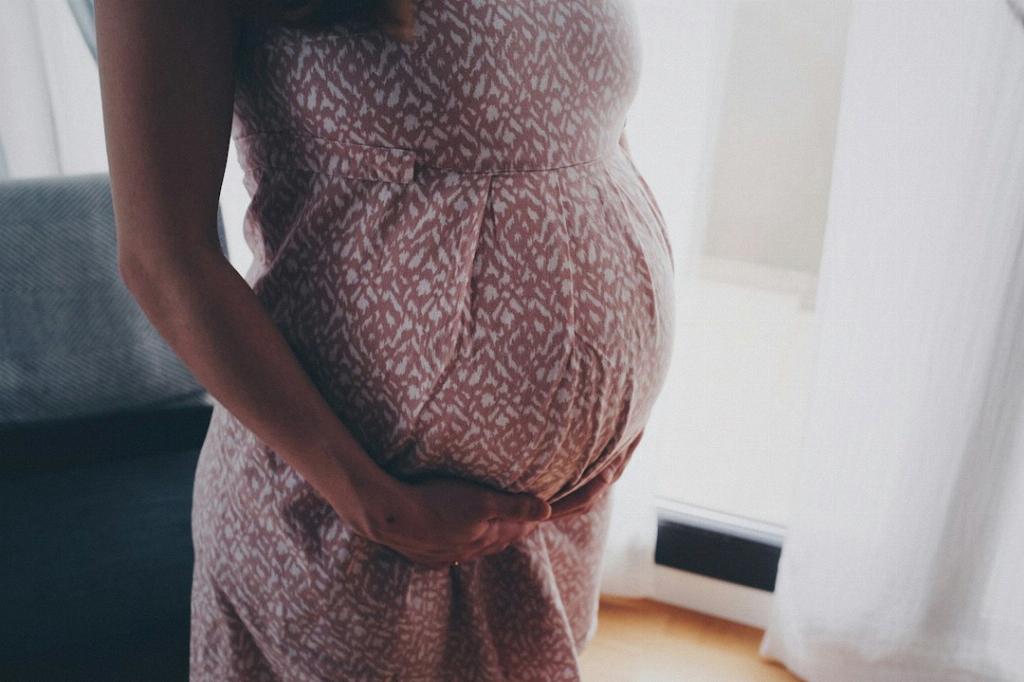Cardamom, known for its aromatic and subtly sweet flavor, has long been a staple in Indian cuisine. Beyond its culinary uses, cardamom has also been linked to various health benefits, including potentially increasing fertility in individuals. While there is ongoing research in this area, there are some compelling reasons to believe that cardamom may play a role in boosting fertility.
One of the key reasons behind the potential link between cardamom and fertility lies in its ability to regulate menstrual cycles. Irregular menstrual cycles can often be a barrier to conception, and cardamom’s purported ability to promote regularity could potentially enhance fertility in individuals struggling with this issue.
Moreover, cardamom is believed to help promote healthy ovulation, which is crucial for conception. By supporting the ovulation process, cardamom may increase the chances of successful fertilization and pregnancy. This aspect further underscores the potential fertility-boosting properties of this versatile spice.
Additionally, cardamom is rich in antioxidants, which are known for their ability to combat oxidative stress and protect the reproductive system. Oxidative stress can have a detrimental impact on fertility, and by incorporating cardamom into your diet, you may help mitigate this risk and create a more conducive environment for conception.
Furthermore, cardamom is a good source of micronutrients such as zinc and magnesium, which are essential for reproductive health. These nutrients play crucial roles in hormone regulation, sperm health, and overall fertility. By incorporating cardamom into your diet, you may be providing your body with the necessary nutrients to support optimal reproductive function.
It’s important to note that while cardamom shows promise in potentially increasing fertility, individual results may vary. Fertility is a complex issue influenced by various factors, and relying solely on cardamom may not guarantee conception. It’s always advisable to consult with a healthcare provider or fertility specialist to address any underlying fertility concerns.
When it comes to incorporating cardamom into your diet for fertility purposes, there are numerous delicious ways to do so. Whether adding it to your morning smoothie, including it in your baking recipes, or sprinkling it over your yogurt, the options are endless. Get creative in the kitchen and explore the numerous culinary possibilities of this versatile spice.
While enjoying cardamom-spiced treats in moderation can be a flavorful way to potentially boost your fertility, it’s essential to maintain a balanced diet overall. Incorporating a variety of nutrient-rich foods, staying hydrated, and engaging in regular physical activity can all contribute to overall reproductive health and fertility.
In conclusion, the relationship between cardamom and fertility is an intriguing area that warrants further exploration. With its potential to regulate menstrual cycles, promote healthy ovulation, provide antioxidants, and offer essential nutrients, cardamom may indeed play a role in enhancing fertility in individuals. However, it’s essential to approach this topic with a holistic view of fertility and consider additional factors that may impact reproductive health.
Ultimately, whether you’re a fan of cardamom-spiced desserts or looking to incorporate this aromatic spice into your diet for potential fertility benefits, remember that balance is key. Embrace a well-rounded approach to fertility that encompasses nourishing your body, mind, and spirit, and consult with healthcare professionals for personalized guidance on your fertility journey.

